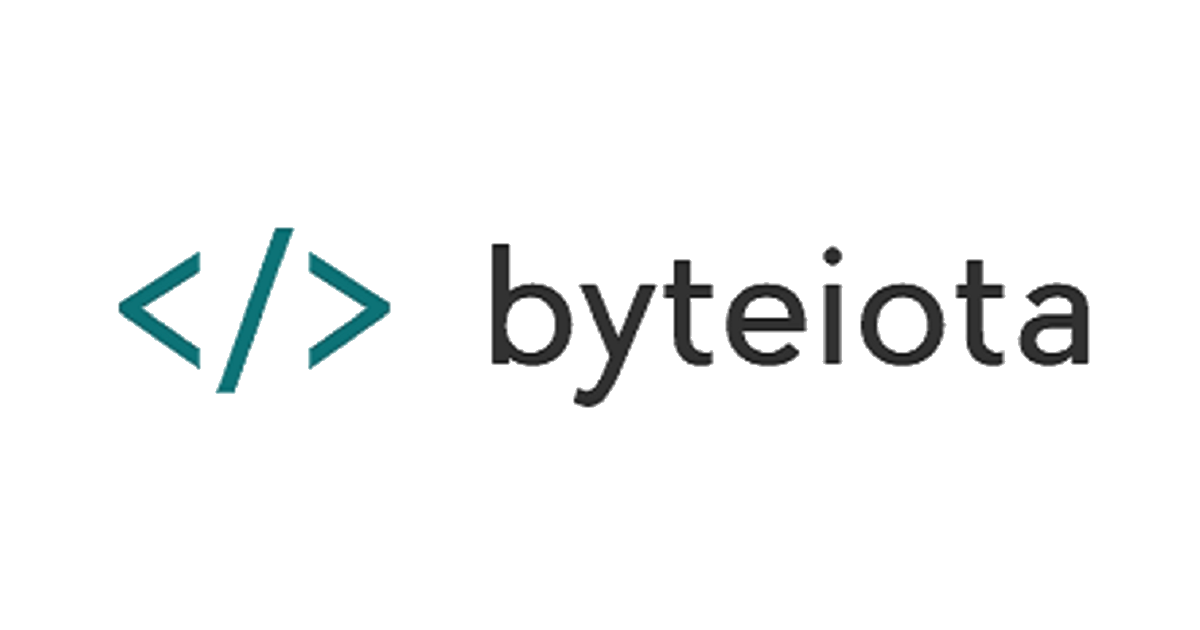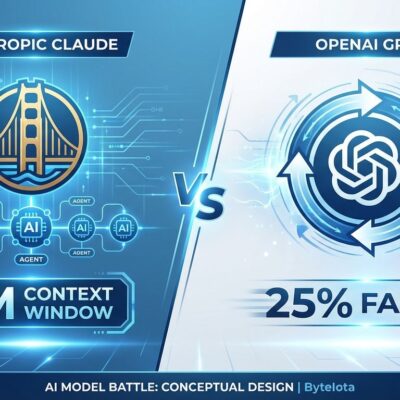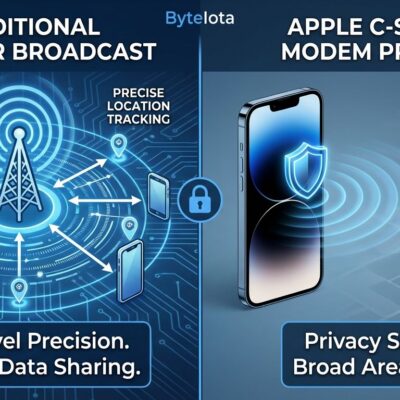
Warner Music Group became the first major record label to partner with AI music generator Suno yesterday, settling a $500 million copyright lawsuit that accused the startup of training on copyrighted music without permission. The November 25 deal gives artists full control over whether their voices, names, and compositions are used in AI-generated music—a significant shift from the “train first, ask forgiveness later” approach that sparked the litigation. Moreover, as part of the agreement, Suno will launch licensed models by 2026, drop its fair use defense, and acquire Warner’s Songkick concert discovery platform.
The settlement comes days after Suno closed a $250 million Series C at a $2.45 billion valuation, positioning the startup as the dominant player in AI music with 100 million users creating 7 million tracks daily. However, the timing raises questions: did Warner jump first to secure better terms, or did Suno’s fresh funding shift leverage in the negotiations?
What the Settlement Changes
The core innovation here is artist opt-in controls. According to Warner’s official announcement, “artists and songwriters will have full control over whether and how their names, images, likenesses, voices, and compositions are used in new AI-generated music.” Starting in 2026, Suno will replace its current unlicensed models with licensed versions trained on Warner’s catalog—but only for artists who consent.
The platform itself is changing too. Free tier users will lose download capability, restricted to streaming and sharing within Suno’s ecosystem only. Furthermore, downloads will require paid accounts, and Warner will receive undisclosed compensation described as “protecting artists, songwriters, and the wider creative community.” Translation: licensing AI training data costs money, and that cost gets passed to users.
For developers building AI music tools, this establishes the framework going forward: licensed training data plus artist consent plus compensation. In fact, the “we trained on the open internet” argument is dead.
Why Warner Went First
Warner is the first of three major labels to settle with Suno, following similar agreements with competitor Udio. Specifically, Universal Music settled with Udio on October 31, and Warner itself settled with Udio on November 19—just six days before announcing the Suno deal. That’s three settlements in less than a month, all dropping “fair use” defenses. Consequently, the pattern is clear: major labels have decided licensing partnerships beat courtroom battles.
Sony Music remains the lone holdout, still litigating against both Suno and Udio. The original June 2024 lawsuit accused both platforms of “willful copyright infringement on an almost unimaginable scale,” seeking $500 million in damages. The complaint noted that when asked what music Suno trained on, “to answer that question honestly would be to admit” the infringement. Suno’s response at the time: fair use protects AI training. Nevertheless, that argument lasted five months before Warner’s settlement proved otherwise.
The question now is whether Warner’s first-mover position pays off. Going first could mean better financial terms, more influence on industry standards, or strategic advantage as licensed models launch. Alternatively, it could mean Warner blinked first, and Sony will extract better concessions by waiting. Either way, Sony’s continued litigation now looks like the outlier strategy—two labels have partnered with both major AI music platforms, establishing precedent.
The Songkick Wildcard
The strangest part of the deal is Suno’s acquisition of Songkick, Warner’s concert discovery platform that tracks artists and alerts users about upcoming shows. Financial terms weren’t disclosed, but the move signals Suno envisions something beyond pure AI music generation.
The synergy is unexpected but logical: users create AI-generated music on Suno, then discover live concerts of real artists via Songkick. Essentially, it’s a tacit acknowledgment that AI music complements rather than replaces human artistry—a message likely intended to ease industry concerns. Whether that vision materializes depends on whether artists actually opt in to Suno’s licensed models. If adoption is low, Suno’s 2026 licensed models might lack the variety that made the unlicensed versions popular.
Blueprint for AI Copyright Disputes
The Warner-Suno settlement matters beyond music because it establishes a framework for AI companies facing similar lawsuits. OpenAI and Anthropic face copyright claims from publishers and authors. Stability AI faces image licensing disputes. GitHub Copilot faces a class action over code training. Notably, all argue fair use protects AI training; none have won in court yet.
Suno and Udio both dropped fair use defenses in their settlements. The emerging pattern: licensing partnerships with opt-in controls and compensation are viable, fair use arguments are not. Therefore, if you’re building with AI or evaluating AI tools, understand that “trained on the open internet” doesn’t mean legal. Expect licensing costs to rise and become standard across text, image, music, and code generation.
Warner-Suno shows the path forward: partner with rights holders, implement opt-in consent systems, compensate creators, restrict free tiers to prevent commercial exploitation. It’s more expensive than the “ask forgiveness later” approach, but it’s the only model that survives legal scrutiny.
Key Takeaways
Warner Music’s settlement with Suno establishes precedent for AI copyright disputes across industries:
- First major label to partner with AI music platform, setting industry standard for artist opt-in controls
- Licensed models launching 2026 replace unlicensed training; fair use defense dropped
- Platform restrictions incoming: paid-only downloads, compensation to rights holders
- Sony likely next to settle as licensing partnerships prove more profitable than litigation
- Blueprint extends beyond music: OpenAI, Anthropic, Stability AI watching closely as fair use arguments fail
Ultimately, the settlement proves what many suspected: AI companies can’t win fair use battles over training data. They can, however, win licensing partnerships—if they’re willing to pay.












